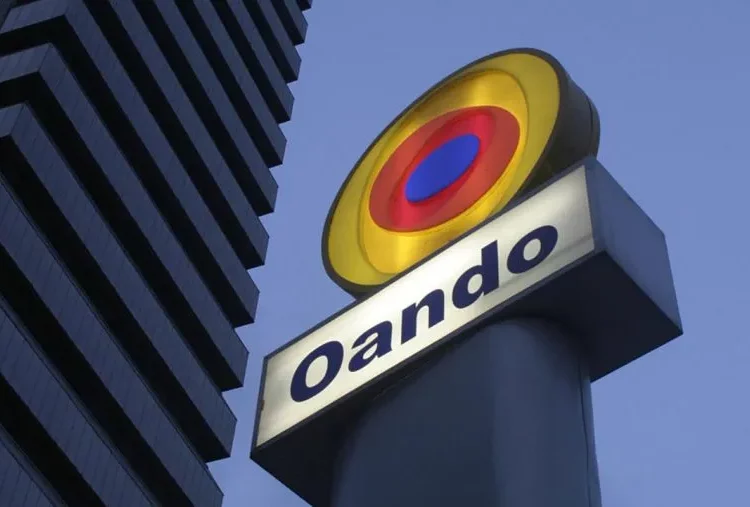Oando Plc, Nigeria’s leading integrated energy company listed on the Nigerian Stock Exchange and Johannesburg Stock Exchange, has expressed its support for the Nigerian Upstream Regulatory Commission’s (NUPRC) Project One Million Barrels of Oil Per Day (bopd) increment, launched in Abuja on Monday.
The project was launched to commemorate NUPRC’s third anniversary celebration, following its establishment under the Petroleum Industry Act (PIA) 2021.
Joining major producers peers, Shell Petroleum Development Company of Nigeria Limited (SPDC), TotalEnergies, ExxonMobil, Chevron Nigeria and Nigerian Agip Exploration (NAE), on the eponymous panel, Managing Director, Oando Energy Resources Nigeria Limited (OERNL), Dr. Ainojie ‘Alex’ Irune gave credit to the regulators, NUPRC and NNPC, for their critical steps taken to revitalise the Nigerian energy sector.
The landmark event was graced by President Bola Ahmed Tinubu, ably represented by Senator George Akume, Secretary to the Government of the Federation; Senator Heineken Lokpobiri, Minister of State Petroleum Resources (Oil); Ekperikpe Ekpo, Minister of State Petroleum Resources (Gas); Mele Kolo Kyari, Group Chief Executive Officer (GCEO), Nigerian National Petroleum Corporation Limited (NNPC) amongst other dignitaries.
Guests were treated to a plethora of enriching critical industry conversations, plenary sessions, and ministerial and presidential addresses, of which one core message remained consistent: the need for industry stakeholder partnership/collaboration to tackle the sector’s challenges and ensure that Nigeria rebounds and exceeds its current production capacity.
“For the first time in our nation’s history, we have witnessed a regulatory body actively promoting business transformation rather than simply enforcing regulations.
The NUPRC has established ambitious goals for the industry, and it is incumbent upon industry players to implement the necessary business and operational changes to achieve these objectives.”
“Furthermore, we have witnessed a revitalised NNPC that has implemented significant changes,
particularly with regards to personnel and decision-making. These decisive actions are crucial for the company’s, and by extension, the sector’s, continued success. Without such measures, the undesired status quo would likely have persisted, ” Dr Irune remarked.
Dr Irune believes that to maximise their ability to meet their set target and efficiently evacuate what is produced, key stakeholders, particularly the government, have a responsibility to tackle the issues of security and incessant vandalism before any key conversations arise.
He mentioned the pipelines are in their current state due to several factors of which security and interruption issues through vandalism are the most prevalent.
In light of this, he proposes that the only way to resolve these challenges and produce sustainable results is through the alignment of all the key stakeholders along the value delivery chain “We need to prioritise process and production safety over quick wins and the continuous belief perspective of value first; otherwise, all our ambitions to produce millions of barrels will be set to fail from the start”, Dr Irune added.
NUPRC chief executive, Gbenga Komolafe, while addressing the audience remarked on the Commission’s achievement since its enactment by the Petroleum Industry Act (PIA) in 2021. He said” First, on the development of regulations, we have successfully introduced critical regulations in collaboration with industry stakeholders that operationalise the Petroleum Industry Act and encourage regulatory clarity, predictability, and transparency. So far, twenty-five priority regulations have been developed, and seventeen have already been executed. This approach has optimised regulatory processes and has boosted investors’ confidence.”
“On oil and gas reserve flows, working with industry stakeholders, we have implemented initiatives to grow oil and gas reserves through studies and development initiatives to the current level of 37.7 billion barrels of oil and through 0.9.2 cities this year of gas, representing 30 per cent and 33 per cent of Africa’s oil and gas reserves, respectively.” Engr. Komolafe added he ended his speech by charging the stakeholders in the industry to collaborate with the government as it continues to make necessary changes in the industry to ensure the sector remains competitive, productive and prosperous.






